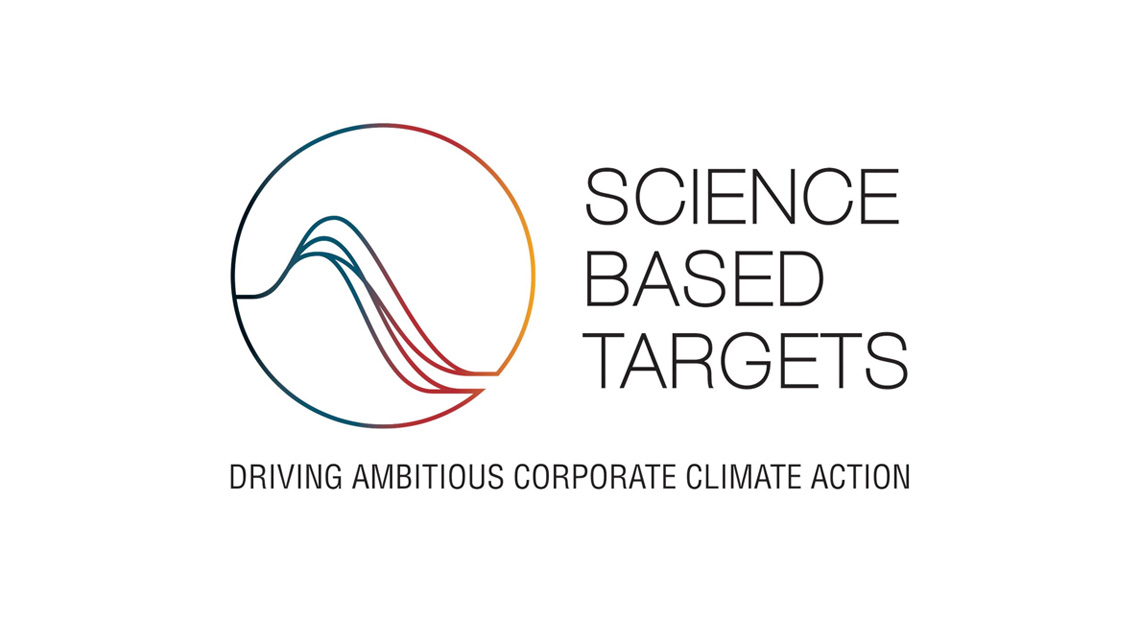Canon’s CO2 emission reduction targets have been externally validated by the Science Based Targets initiative (SBTi) as being in accordance with the 1.5 °C Paris Agreement.
- The Canon Group Science Based Targets have been verified by the SBTi. Specifically, these were the company’s 2030 targets of 42% absolute CO2 reduction for scope 1 and 2 and 25 % for scope 3 (Category 1 and 11) versus base year 2022.
- Canon will continue to reduce CO2emissions in line with Canon’s near-term environmental goals and SBTi standards, contributing to the decarbonisation of society as a whole.
Separately to the SBTi targets, Canon continues to reduce its product lifecycle CO2 emissions per product by 3% year on year. If sustained, this will equate to roughly a 50% reduction in emissions from 2008 levels by 2030. Currently, the company is on track to achieve this target, having recorded an average improvement of 4.1% between 2008 – 2022. The cumulative reduction since 2008 amounts to 43%.
In the longer term, Canon is committed to working towards a low carbon future and aims to be net zero by 2050.
Read more about Canon’s sustainability commitments here.
SBTi is an international initiative that encourages companies to set greenhouse gas emission reduction targets based on climate science. It is jointly managed by four organizations: the United Nations Global Compact (UNGC), World Resources Institute (WRI), World Wide Fund for Nature (WWF), and CDP.










Discussion about this post